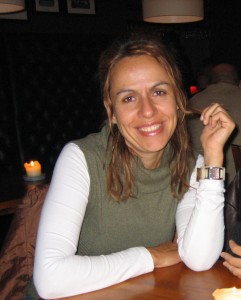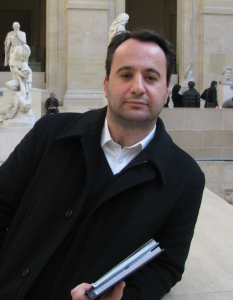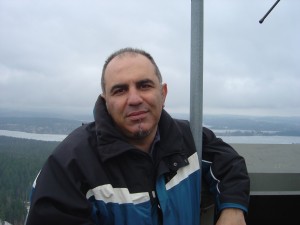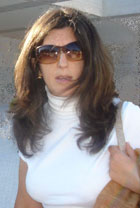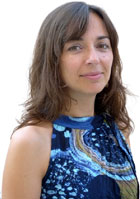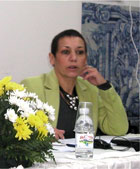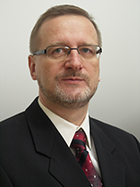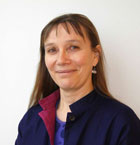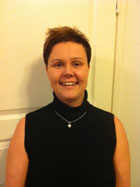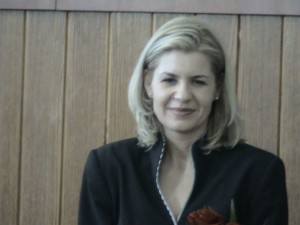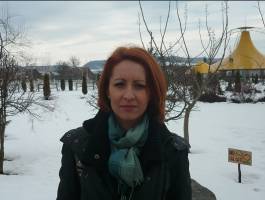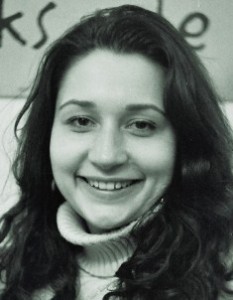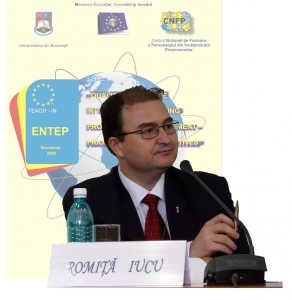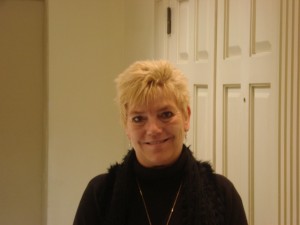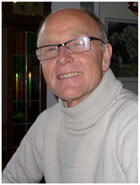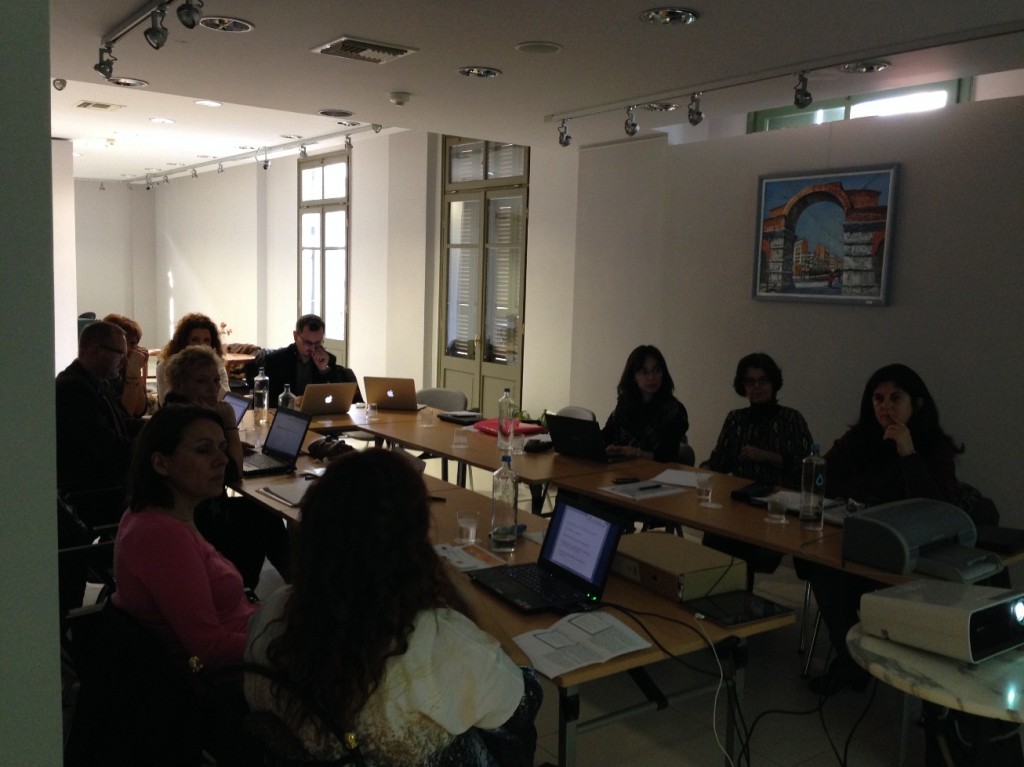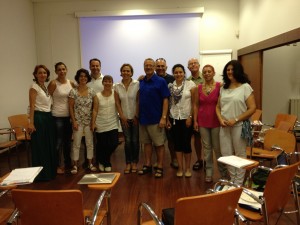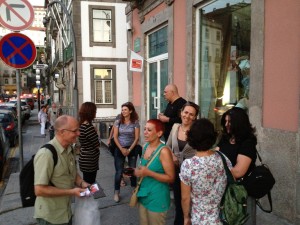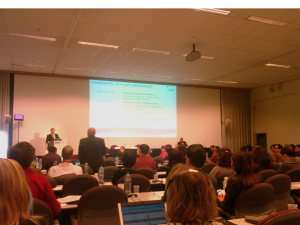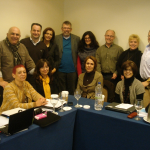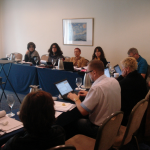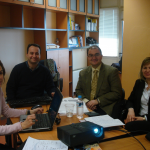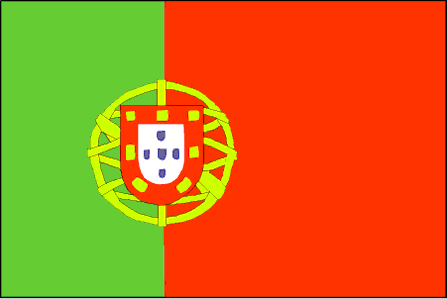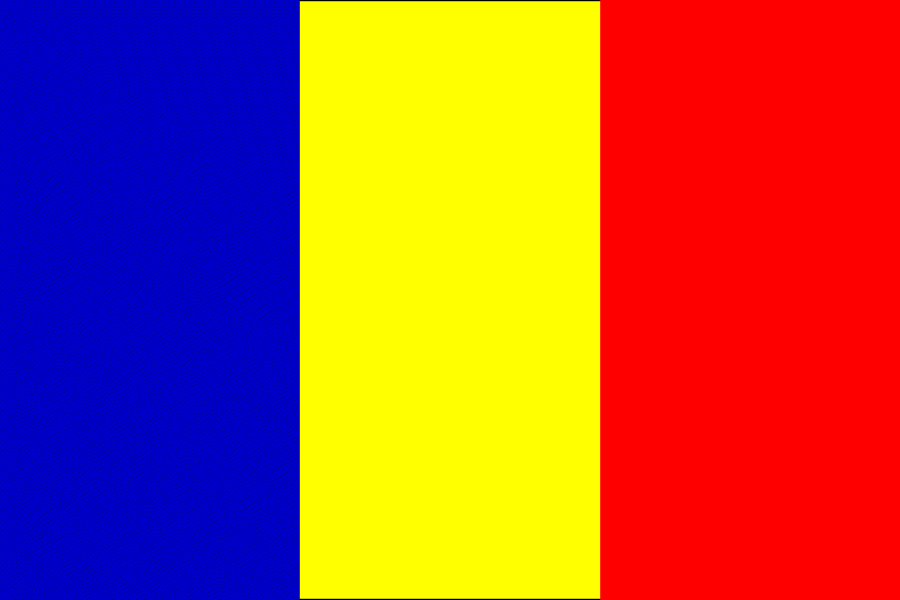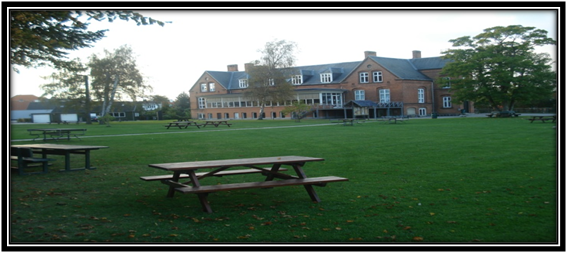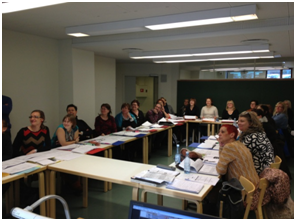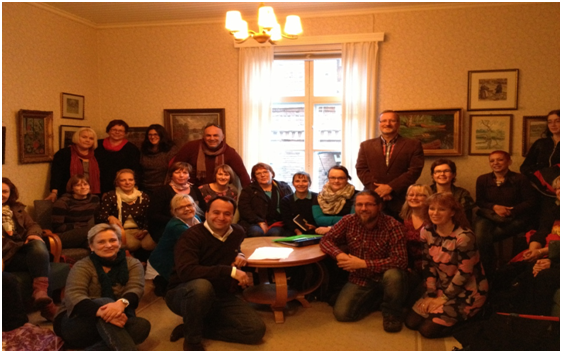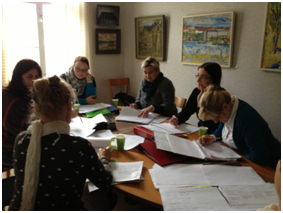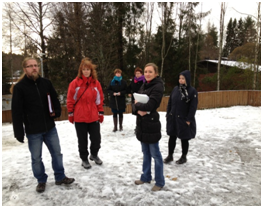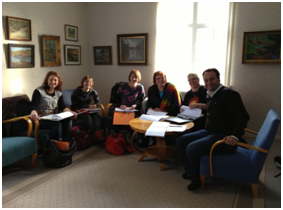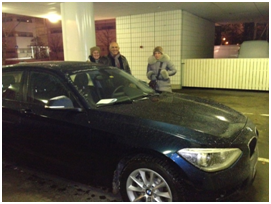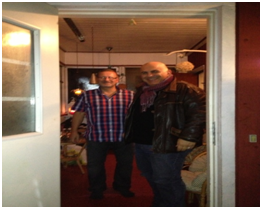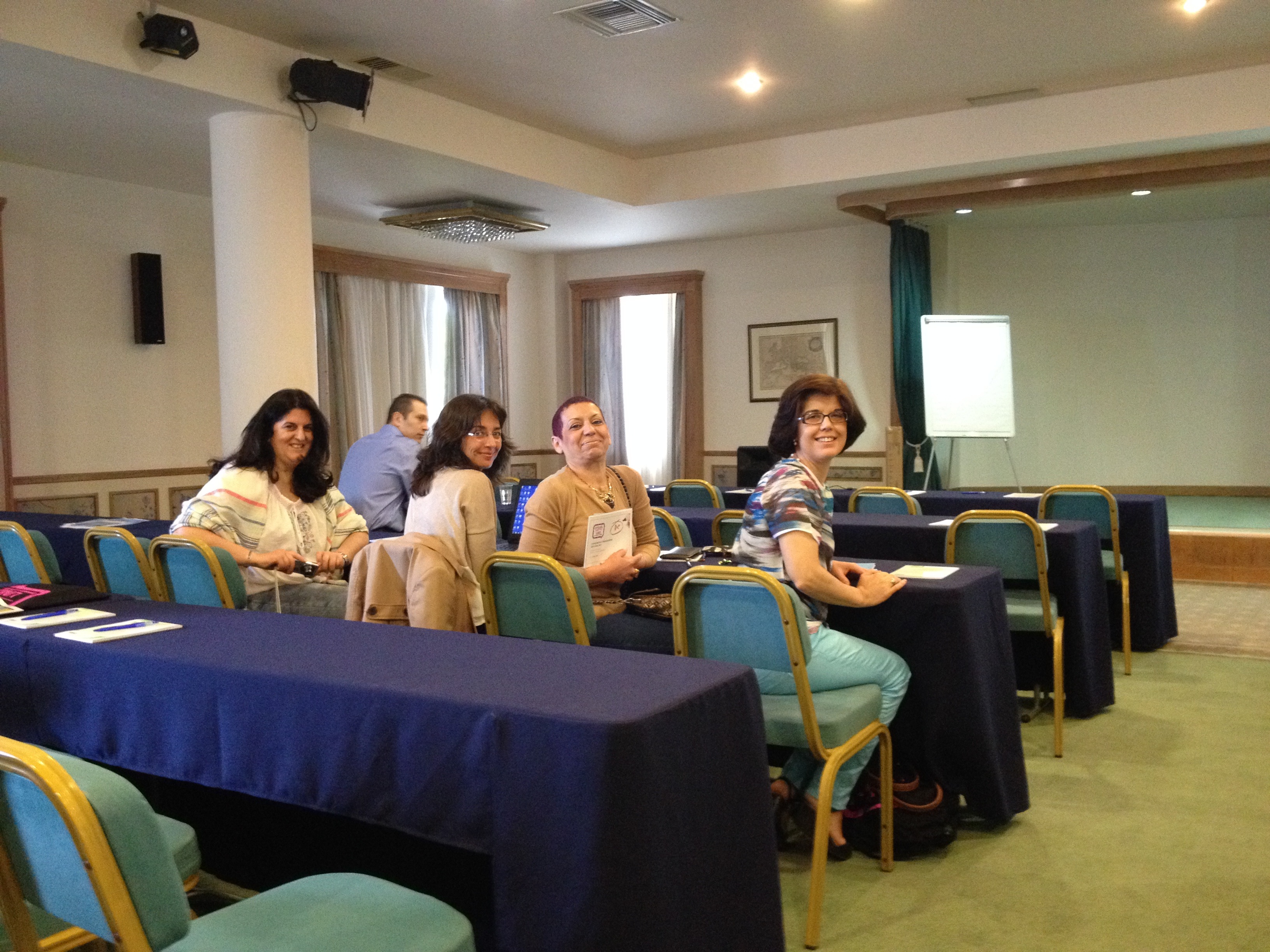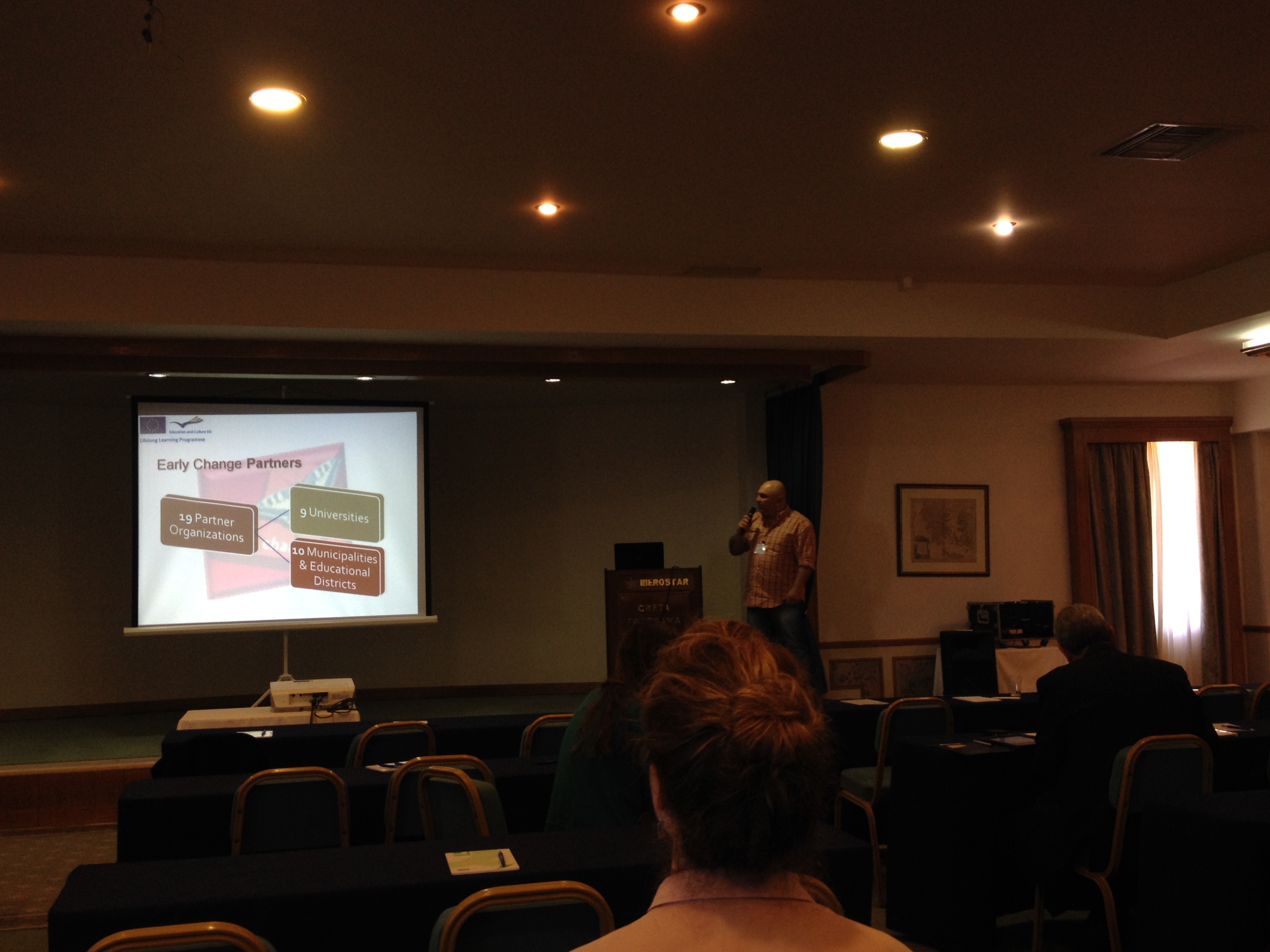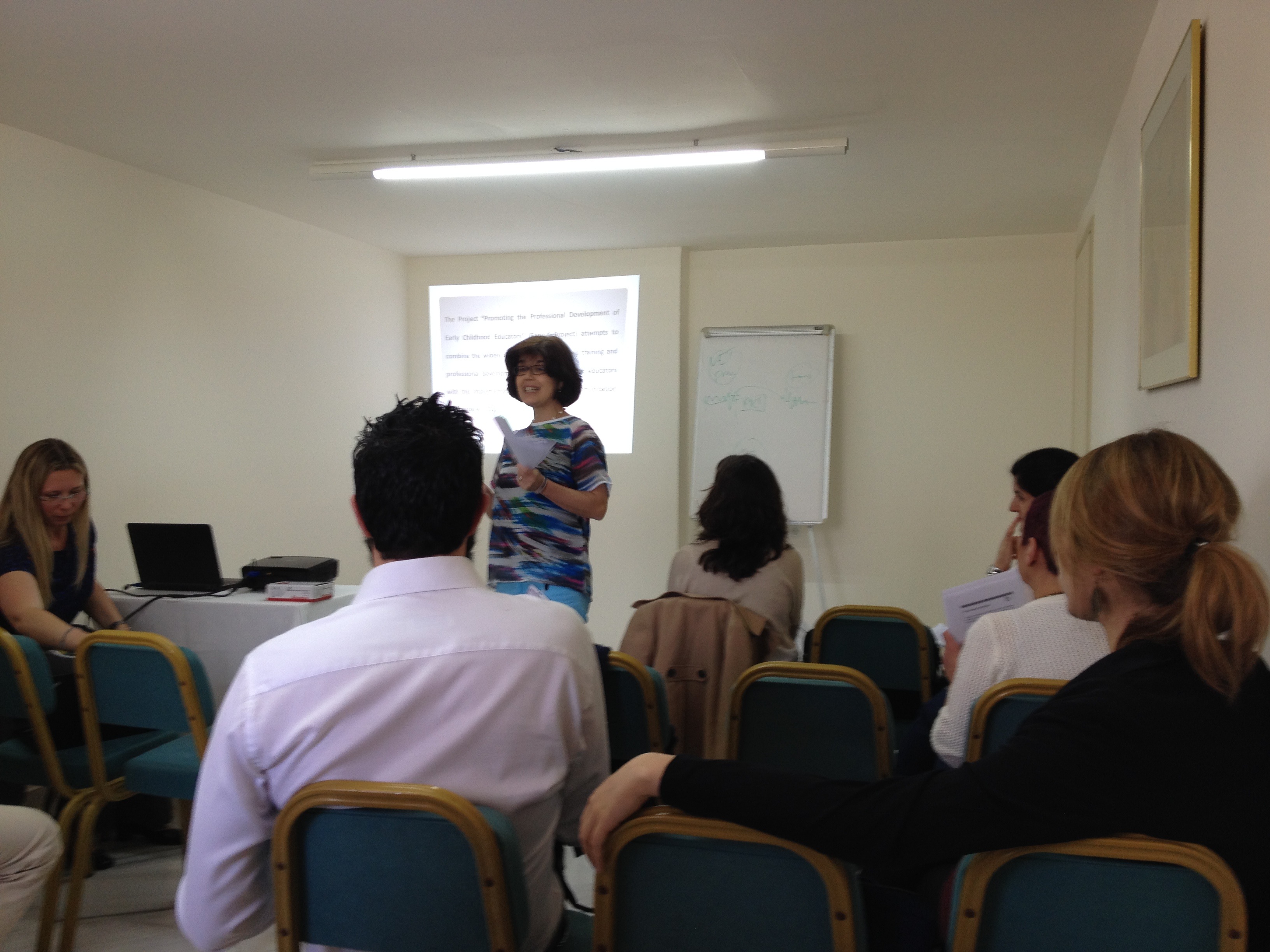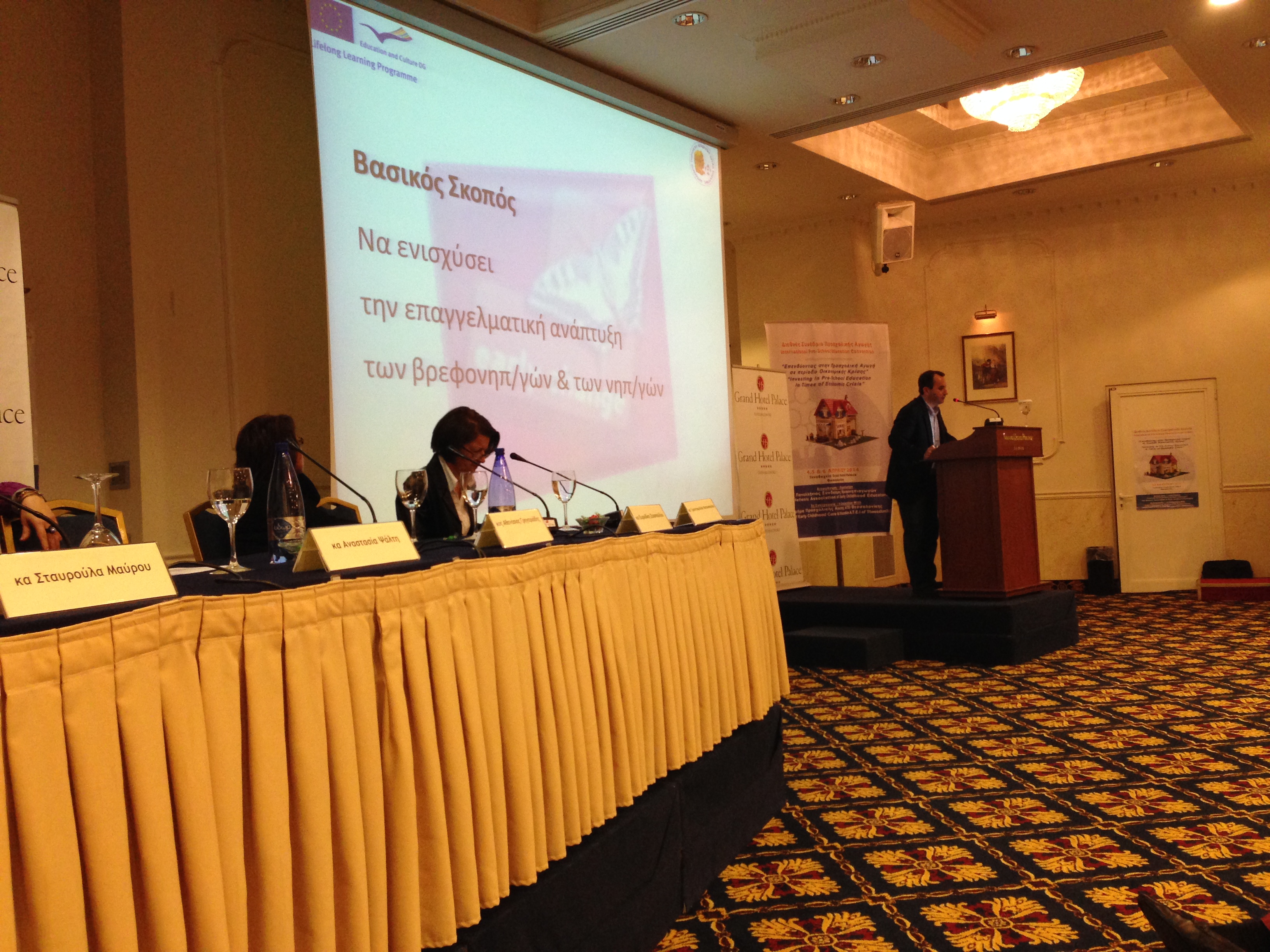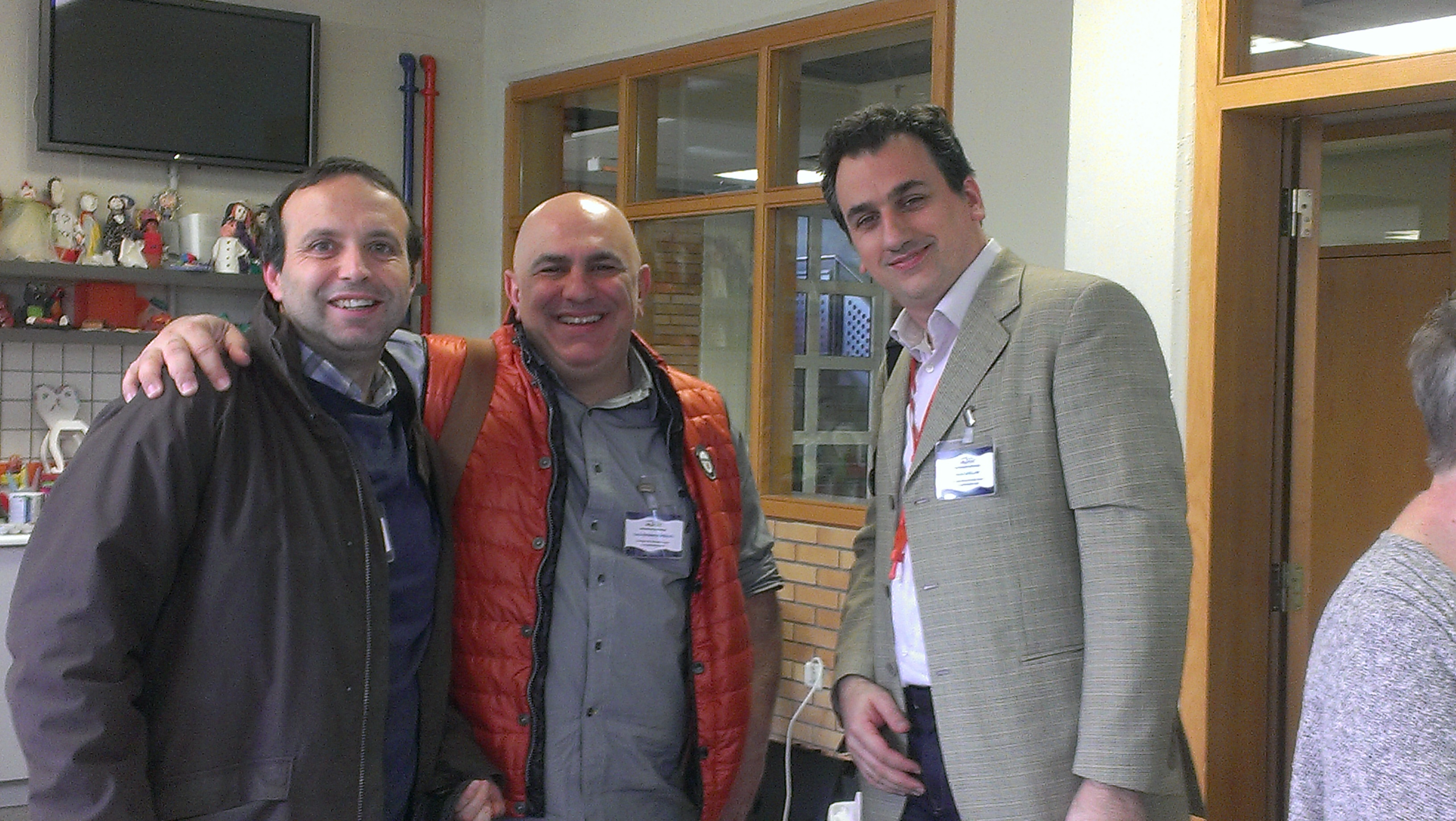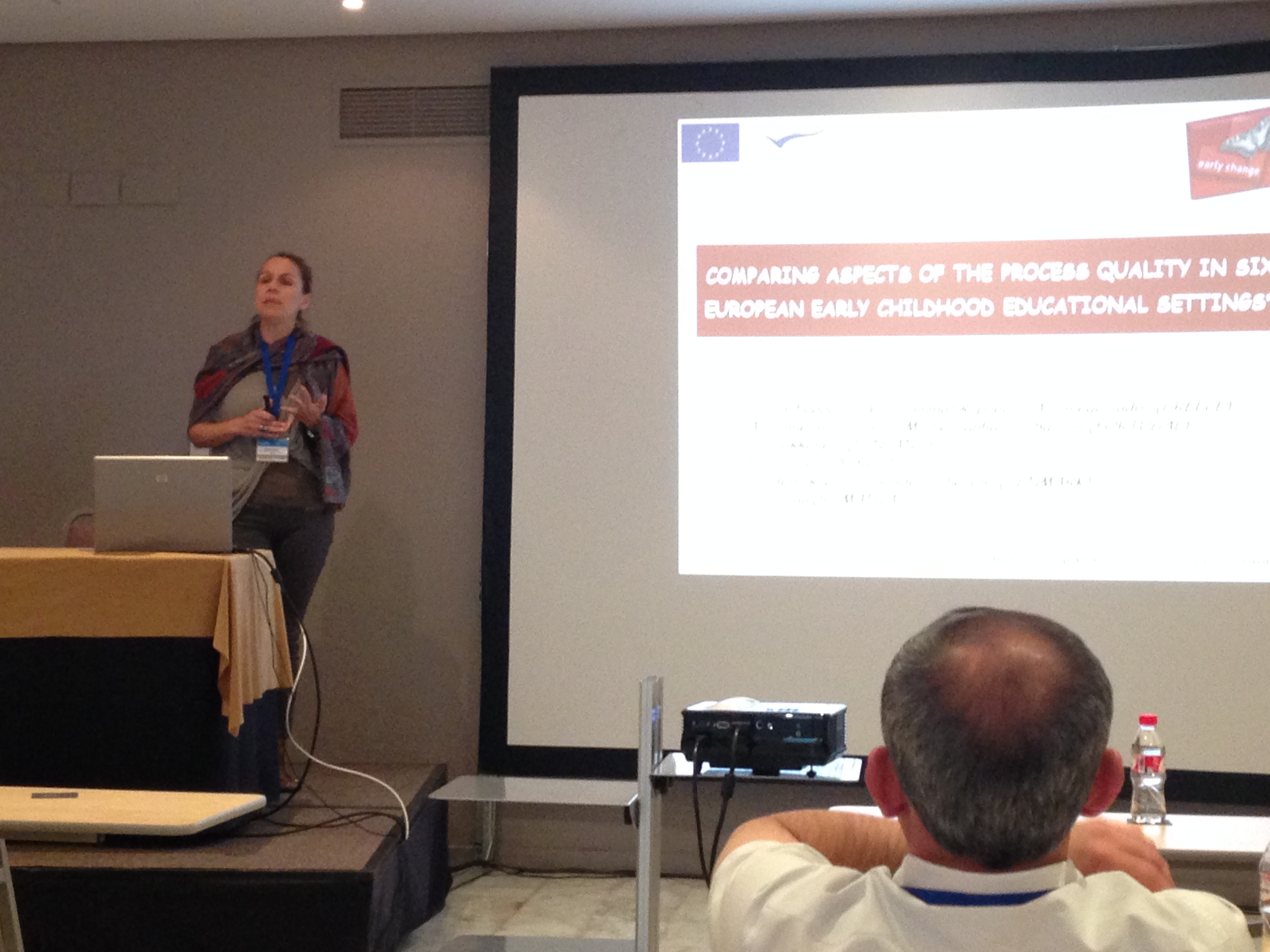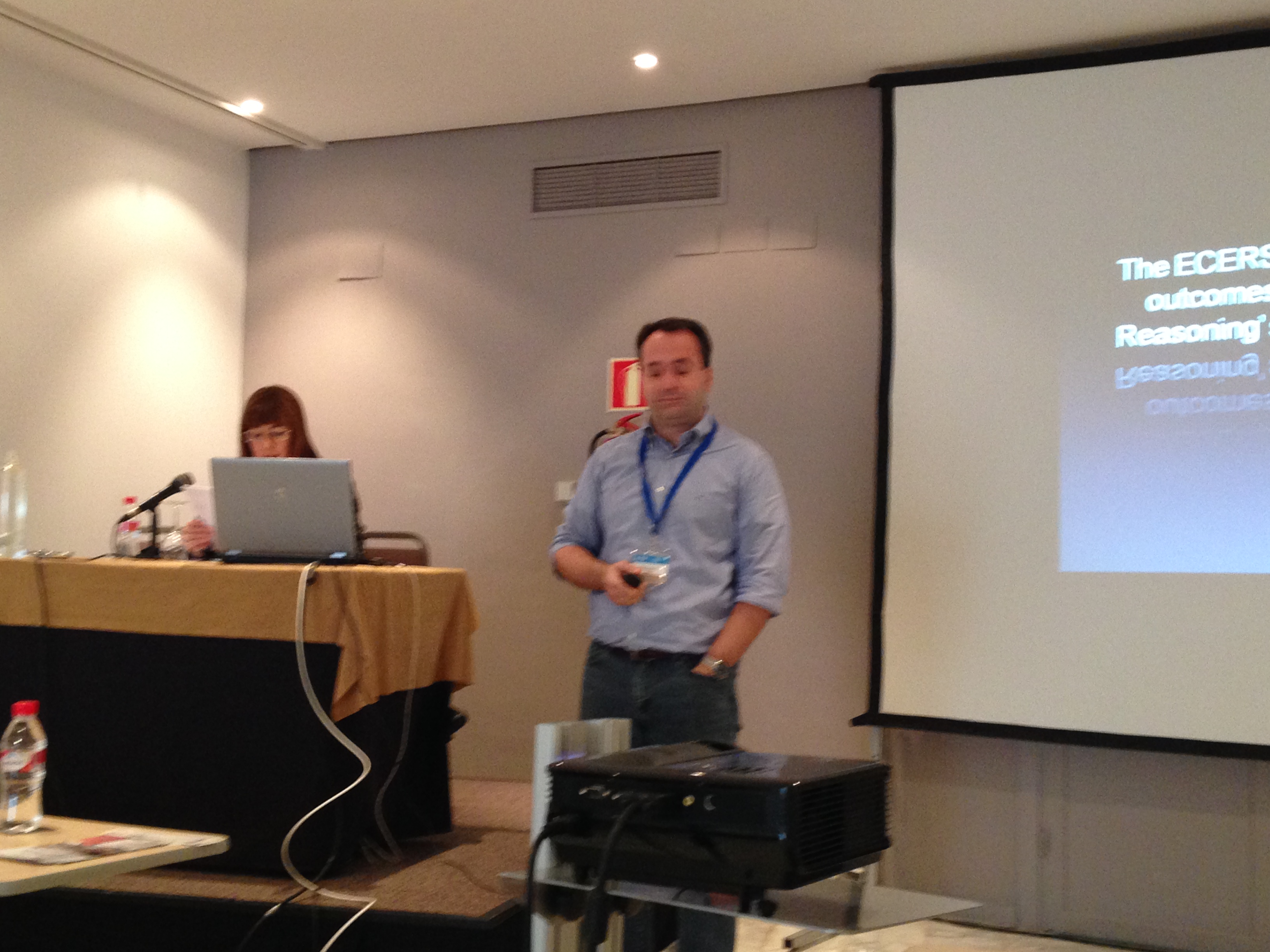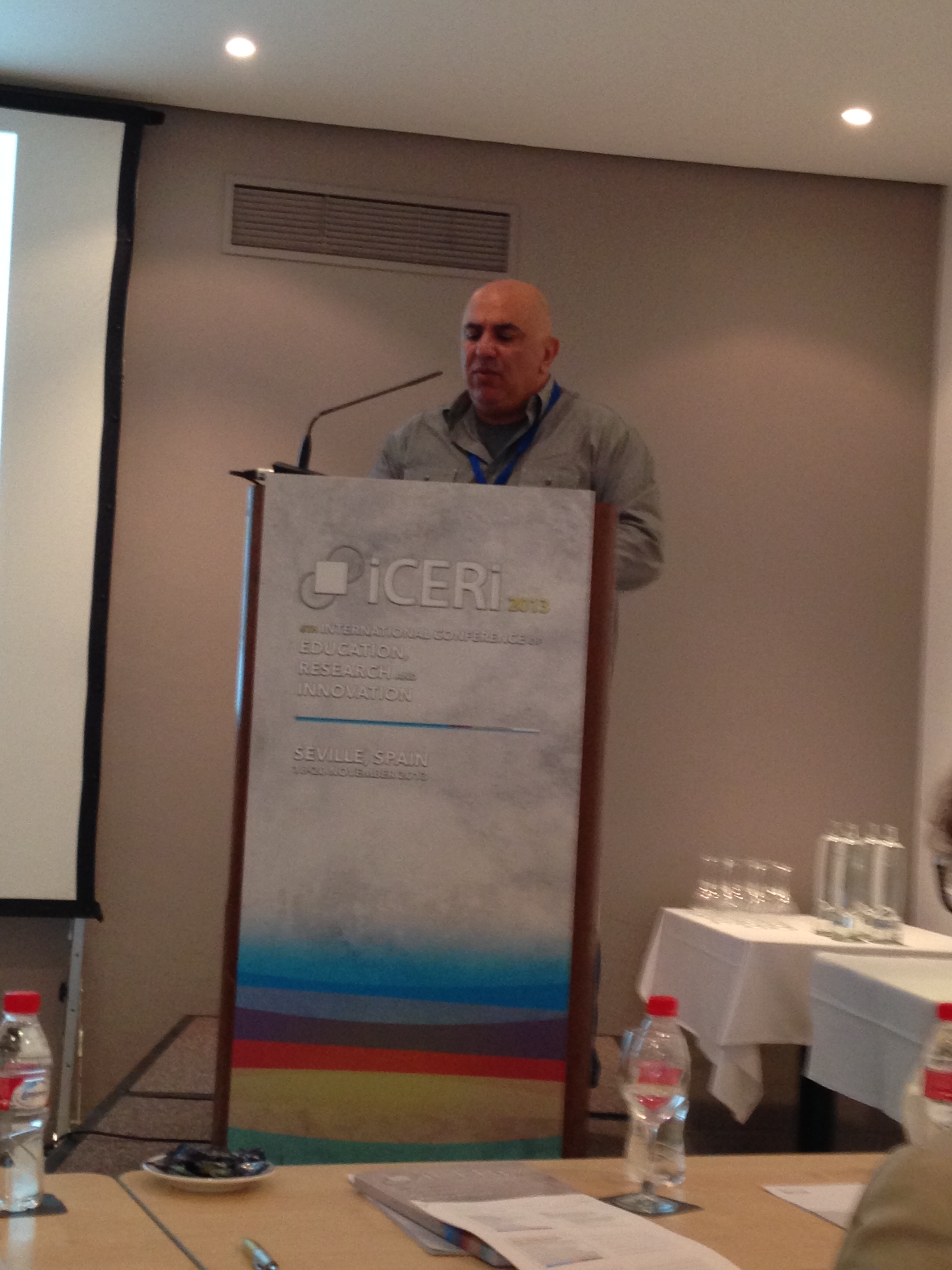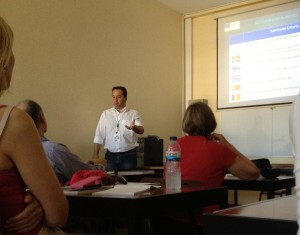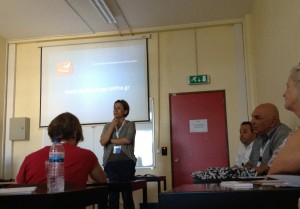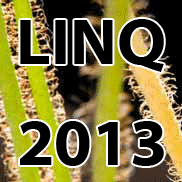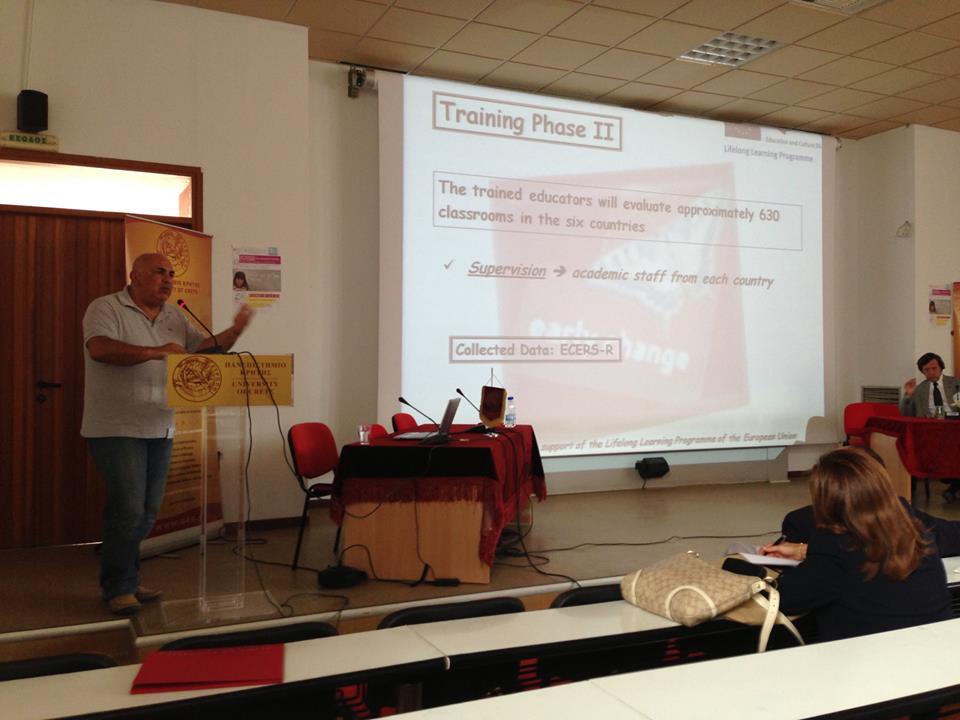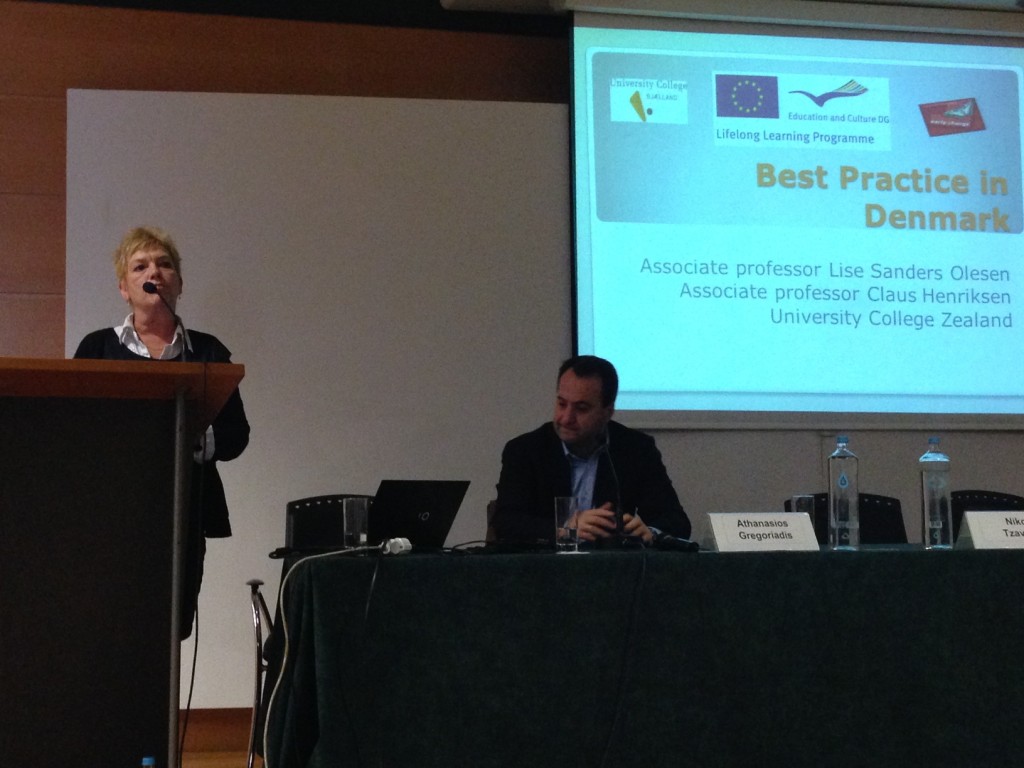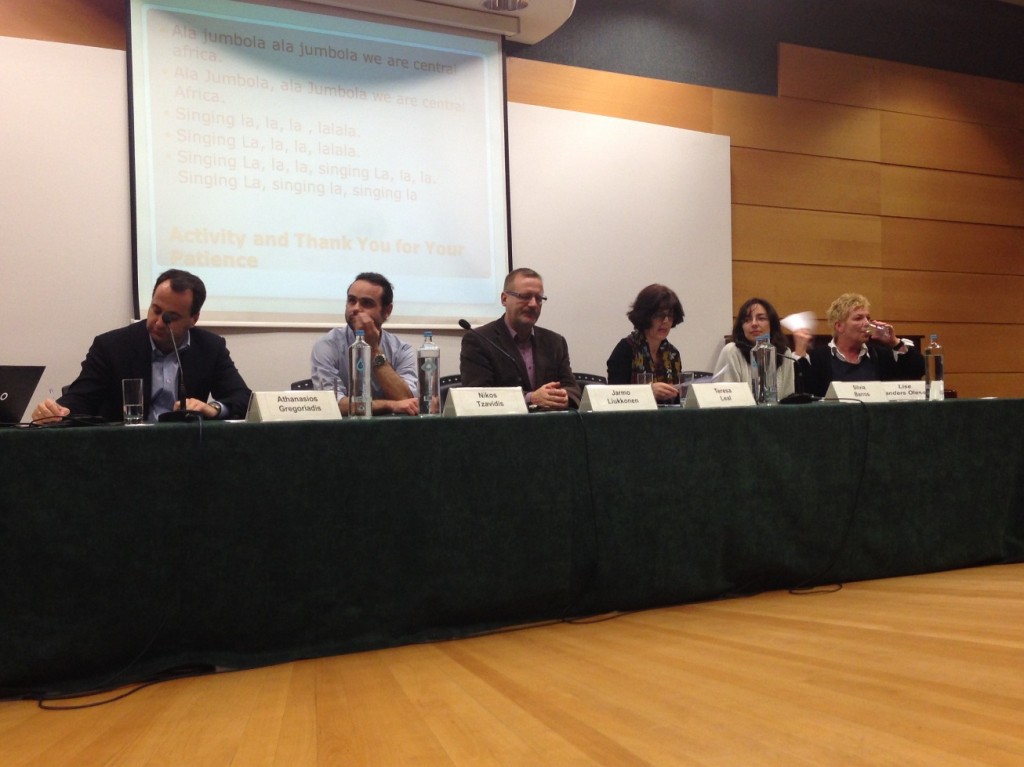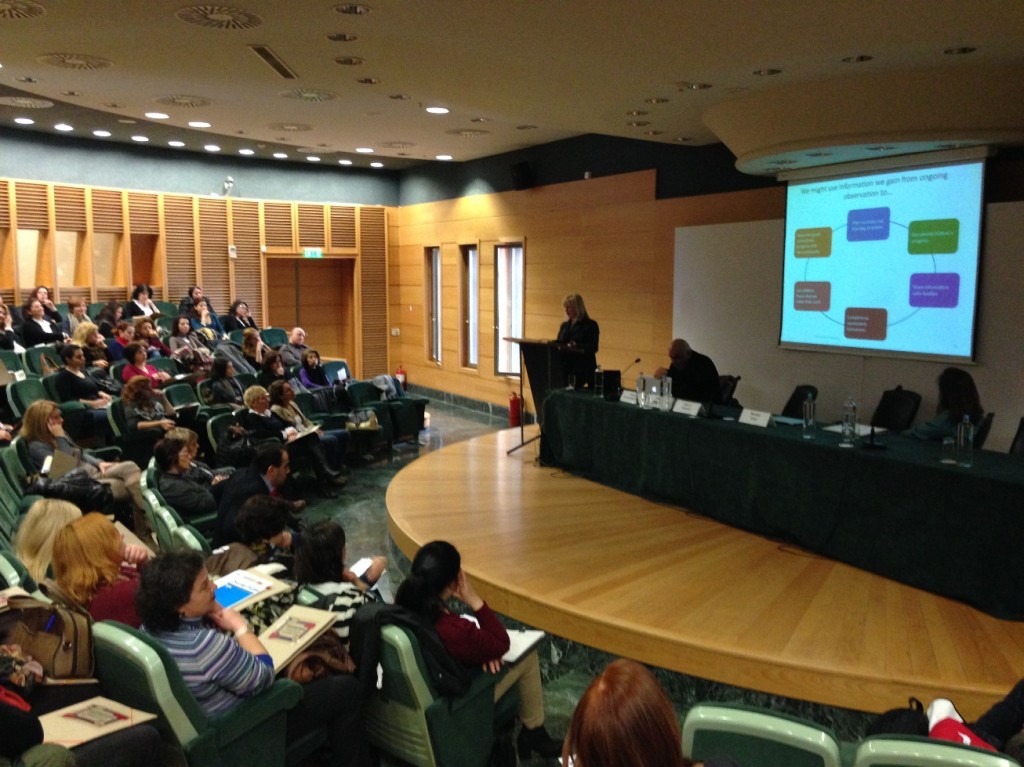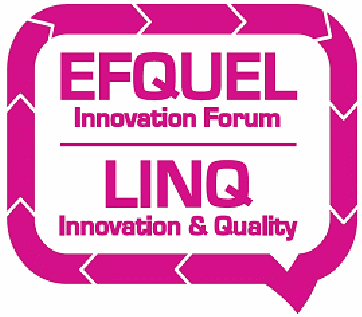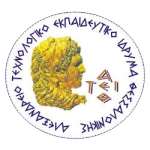Greece
Evridiki Zachopoulou, Ph.D.
She is a Professor in Music and Movement Education in the Department of Early Childhood Care & Education, Faculty of Health and Medical Care at the Alexander Technological Educational Institute of Thessaloniki (Greece). She teaches in this Department since 2003, when she was elected to the position of Associate Professor. She began her academic career at the Department of Physical Education and Sport Science of Democritus University of Thrace, where she was Lecturer from 1999 to 2003. She has published over 40 papers in international scientific journals covering the topics of the implementation of intervention movement programs for preschool aged children and their effects on children’s development, evaluation of the quality of early childhood education and creativity in teaching and the creative child. She has more than 75 presentations at World Conferences, and she was participated in a number of National and European Transnational Projects. She has also organized in-service training seminars for early childhood educations and physical educators in various European countries.
E-mail: ezachopo@bc.teithe.gr
Personal web-site address: http://www.bc.teithe.gr/Zachopoulou
Athanasios Gregoriadis, Ph.D.
Athanasios Gregoriadis is a Lecturer of Early Childhood Education at the Department of Education at Aristotle University of Thessaloniki, inGreece. His research focuses on various early childhood themes such as: teacher-child relationships, peer rejection, early childhood curriculum, sociometry and the evaluation of early childhood environments. He teaches courses both in Bachelor and Master’s Degrees and he is in charge for the practicum of the pre-service early educators in his university. He is also a scientific advisor in the Experimental He has participated and is currently participating as a coordinator and key staff member in 4 funded international and national research projects during the last seven years. He has published over 15 research papers in peer review international journals, and he is a member of the American Educational Research Association.
E-mail: asis@nured.auth.gr
Personal website address: http://auth.academia.edu/AthanasiosGregoriadis
He is a Lecturer in Educational Evaluation at the University of Crete, Department of Preschool Education, Greece. In the past, he was a Postdoctoral Teaching Fellow at Liverpool Hope University, UK and University of Macedonia, Greece. He was also an Academic Scholar at the University of Thessaly, Greece for nine years. He has participated in nine funded national and international research projects during the last 13 years, and his main research interests are: educational evaluation, early childhood education evaluation, physical activity in early childhood education. He has published over 20 research papers in peer reviewed international journals and is a member of the American Evaluation Association and American Educational Research Association.
E-mail: gramvas@edc.uoc.gr
Personal web-site address: http://crete.academia.edu/VasilisGrammatikopoulos

